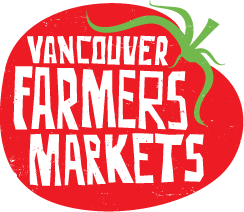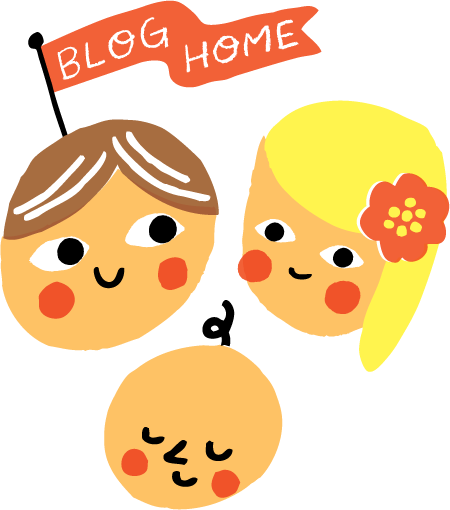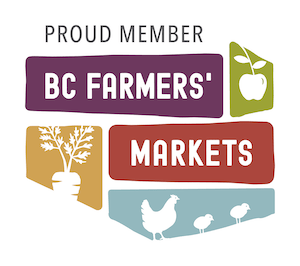good natured®: four things to know about sustainable packaging

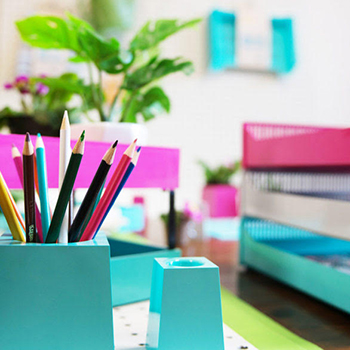 Chemicals
Chemicals
Yes, everything is made of chemicals. But we’re talking about the nasty ones here. BPAs, phthalates, styrene, and the like. A vast majority of the Chemicals of High Concern produced each year are used in the plastics industry, mostly to make plastics more stretchy, more heat resistant and flexible. Yikes! That’s why you keep hearing all those concerns about putting these plastics in the microwave. Paper and fibre products aren’t necessarily better, either, as they can also have nasty glues and coatings to keep them together. Whether or not a product is recyclable, or even called “degradable”, it can still contain a lot of harmful chemicals. Read more here.
Content
Plants are like the earth’s baby hairs. They just keep coming back! By using plants as our raw material, we can be assured that it grows back at the same rate, or faster, than we use it. Traditional plastic is made from dinosaurs, which don’t grow back. (The plastics you see in your day-to-day life are all petroleum-based, which as we know, is not a renewable material.) Additionally, just because something is plant-based, doesn’t mean it won’t contain chemicals of concern. Also, make sure you look for the actual plant-based content (generally a percentage) of your packaging. Just because they say it’s plant-based doesn’t mean it’s 100%.
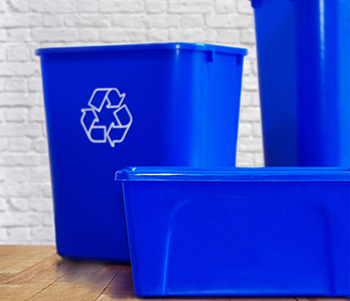 (re)Cycling
(re)Cycling
Let’s talk cycles. And we’re not talking about bike lanes here! Extending the lifecycle of materials through recycling is a way better option than only using things once. However, there are some issues with recycling. First off, only about 20% of plastic is actually recycled, most of which is water bottles and milk jugs (Recycling in Canada, 2016), even if you’re a blue-bin crusader like us (good natured® makes blue bins out of plant-based plastic, too www.goodnatured.ca/shopcanada). This, plus the reality of downcycling—the fact that materials lose their technical integrity a bit each time they’re processed and are recycled into something of lower quality until they become unusable—means that most plastic will eventually become waste. Remember the 3 R’s: reduce, reuse, and recycle. There’s a reason recycle comes last.
Composting
Recycling isn’t always the best solution, but thankfully, we can take a step back and reuse the material to make compost! We’re big fans of closing the loop, but the problem is, it can be hard to tell if something is compostable or not. Here’s a hint: biodegradable and compostable don’t mean the same thing. Biodegradable means that it will eventually break down into natural elements. There’s no time limit, so pretty much anything can biodegrade given the right conditions. A product that’s compostable, however, means it will break down within 180 days in a controlled environment and create compost. (Worm food, yum!) However, they won’t quite break down properly unless they are in an industrial composting facility, so keep that in mind before throwing it in your backyard composter! The only downside of this is that there’s not too many industrial composters that will accept compostable plastics, even though the infrastructure exists. Here’s one composting facility in Vancouver that accepts compostable plastics:
Recycling Alternative, 499 Industrial Avenue, Vancouver. (604) 874-7283
And there’s a couple more in BC:
Nanaimo Organic Waste, 981 Maughan Road, Nanaimo. (250) 722-4614
reFUSE, 2111 Government Street, Victoria. (250) 381-6007
good natured® Products Inc. is a local Vancouver company that makes plant-based food packaging and home organization products out of renewable materials instead of petroleum. They’re committed to removing chemicals of concern from our homes, and helping out the environment while they’re at it.
Swing by their booth at the Kitsilano Market (Aug. 12), West End Market (Aug. 18), and Trout Lake Market (Sept. 15) to say hi and learn more about sustainable products, packaging and plant-based materials. You can also find them at goodnatured.ca.
